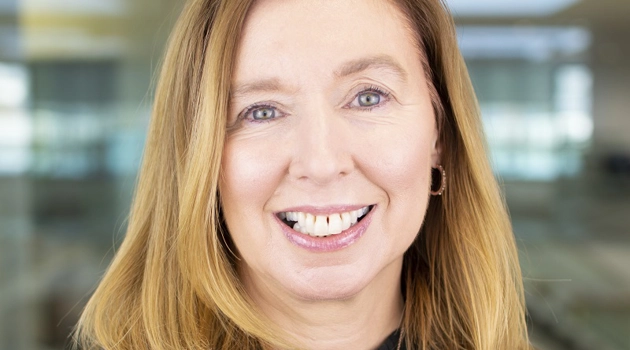Renewable energy firm ENERCON welcomed to Wick Business Park
Highlands and Islands Enterprise (HIE) developed the units in response to local demand.
Make your life easier with a MyHIE account. It’ll save you time, help you find and organise content based on your needs and interests.


This past year would have tested even the most resilient of people, and it did.
Who would have thought a year ago that daily and often hourly meetings would be taking place in our homes through a digital lens?
Relentless workloads are managed in the context of home-schooling, caring responsibilities, loneliness, financial worries, and the pressure of being constrained to our homes.
We’ve shared experiences of family lockdown challenges. Pets, partners and children have appeared on screen, but that’s ok because we’ve all been in the same storm, if not all in the same boat.
Even though we are not ‘essential workers’, some of what HIE colleagues have had to deal with, has at times felt like it. Helping clients work through extreme difficulties, understanding their issues and tailoring advice to specific and urgent needs has been critical.
While we’ve seen some amazing examples of innovation as businesses responded to the new challenges, sadly we’ve also seen organisations simply unable to survive the economic impacts of those challenges.
Doing our job in this context brings a range of emotions, not least stress. It’s therefore vital to prioritise mental wellbeing and keep this higher on the agenda than ever before.
As well as individual colleagues, there is the need to provide support to managers supporting their teams.
In HIE we have provided much of this through webinars focused on practical strategies for managing health and wellbeing while juggling the challenges of working remotely. We are now planning the delivery of more in-depth facilitated workshops aimed at groups of managers.
An overriding principle is recognising that it’s ok not to be ok. We should ask our colleagues if they’re ok and look out for signs that they might not be.
It’s more important than ever to talk about all of this; to be open and accepting of mental health challenges at work, and to have policies in place to maintain wellbeing. The introduction of Mental Health First Aiders is part of that approach.
Another key realisation is how much a ‘thank you’ for a job well done can mean and how much can be achieved when we all work together.
Yes, there have been lots of challenges, but there are also better ways of working that we will want to take forward, whatever our future looks like. There’s light at the end of the tunnel and we can all look forward to seeing our colleagues, clients and partners again before too long.
Meanwhile, prioritising wellbeing and providing the right support for colleagues, means we are all better placed to provide the essential support that our clients and the region need to recover.
Highlands and Islands Enterprise (HIE) developed the units in response to local demand.
HIE will manage the fund on behalf of Scottish Government
The Scottish Government has begun recruitment to appoint a new Chair for the Board of development agency Highlands and Islands Enterprise (HIE).
Tha Riaghaltas na h-Alba air tòiseachadh a’ trusadh gus Cathraiche ùr fhastadh chun a’ Bhùird aig a’ bhuidheann leasachaidh Iomairt na Gàidhealtachd ’s nan Eilean (HIE).
HIE’s application is for permission to establish infrastructure, such as roads and utilities, to create serviced plots for sale to developers.
There’s a focus on renewable energy and the need to maximise economic and community benefits while driving the transition to net zero.
The move will help facilitate the company’s further growth. Its corporate and compliance team of ten will relocate to Aurora House, with the company’s operational base remaining in Beauly.
Project will help support economic growth and strengthen population retention in Caithness
There were 1,013 responses received from enterprises across the Highlands and Islands region operating in a wide range of sectors.
Mary Bowman is learning what it is like to serve on the Board of a public body